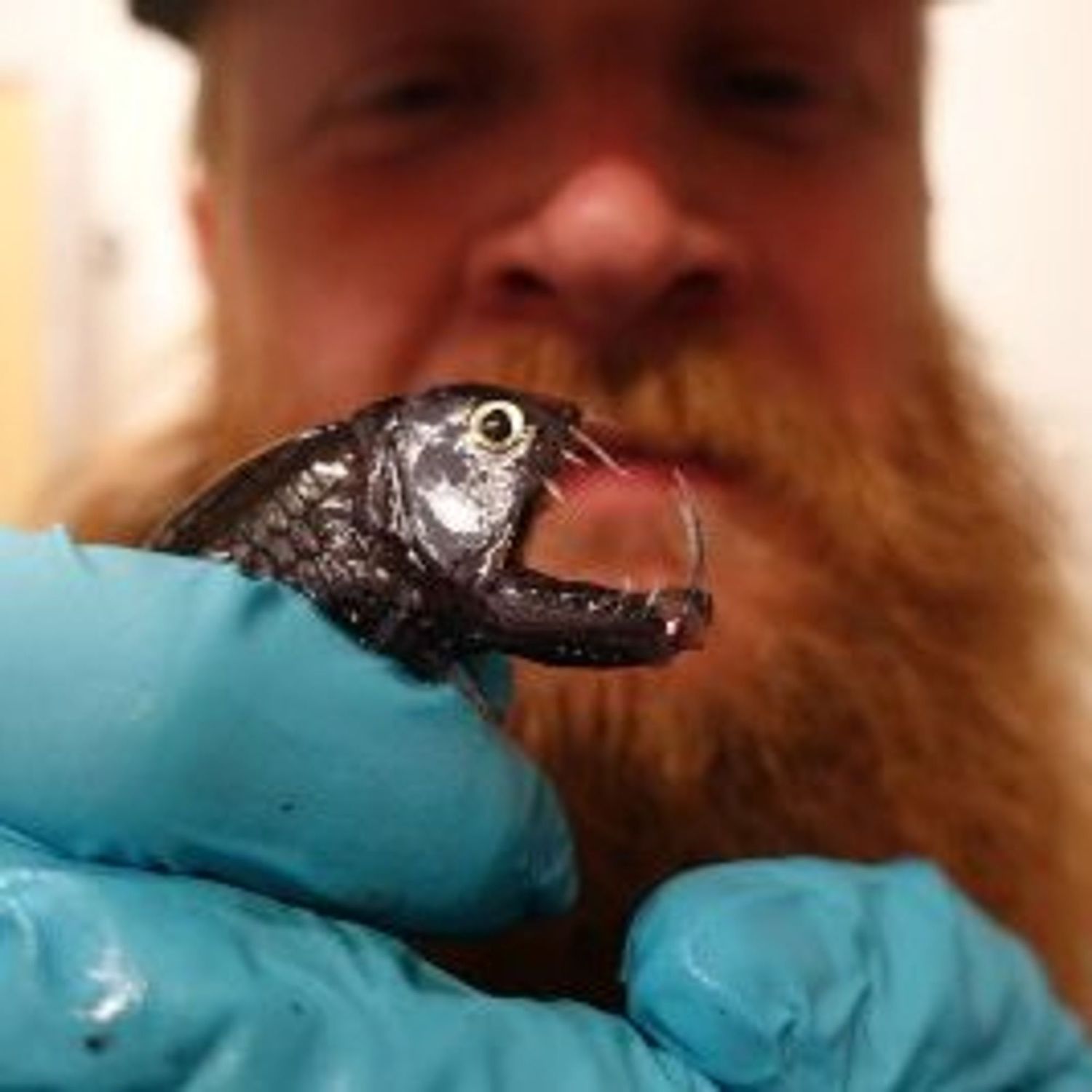The SUMMER (Sustainable Management of Mesopelagic Resources, 2019-2024) EU project will establish a protocol to accurately estimate the biomass of mesopelagic fish, quantify the different ecosystem services provided by the mesopelagic community, and develop a decision support tool to quantitively balance the trade-offs between the ecosystem services for various exploitation scenarios.
The ocean mesopelagic zone (between 200 m-1000 m depth) holds the largest known fish biomass in the world's ocean and is known as one of the largest unexploited resources on our planet. Mesopelagic fish has the potential to be used in both animal feed and as food for direct human consumption. However, the mesopelagic zone has been historically understudied, and mesopelagic fish are prey to many commercially important predator fish species. In addition, mesopelagic organisms may be key contributors to the biological carbon pump, transporting carbon from surface waters to the deep sea.
As such, the SUMMER project evaluates whether harvesting mesopelagic resources possible without compromising the essential ecosystem services they provide. Methods used in this project include submersible broad-band acoustics, environmental DNA (eDNA), and scientific trawls.
Specific objectives and impacts of the SUMMER project include:
- Increase the knowledge of the mesopelagic zone.
- Estimate the global abundance of mesopelagic fish.
- Quantify bycatch and impact on biodiversity by fishing mesopelagic fish.
- Estimate carbon sequestration due to diel vertical migration of mesopelagic fish.
- Explore the potential of mesopelagic organisms for pharmaceutical and nutraceutical products.
- Contribute to preserving climate regulating processes and mitigate impacts of climate change.
- Preserve the ecological functioning of the mesopelagic zone in line with EU targets of halting biodiversity loss and ecosystem services.
SUMMER is a large-scale multidisciplinary project funded by the EU Horizon 2020 program. There are a total of 22 partners involved in the project from all across Europe, led by AZTI in Spain.
More information about the SUMMER project can be found on our website, on all social media platforms (@SUMMERH2020), and in our informative video.
